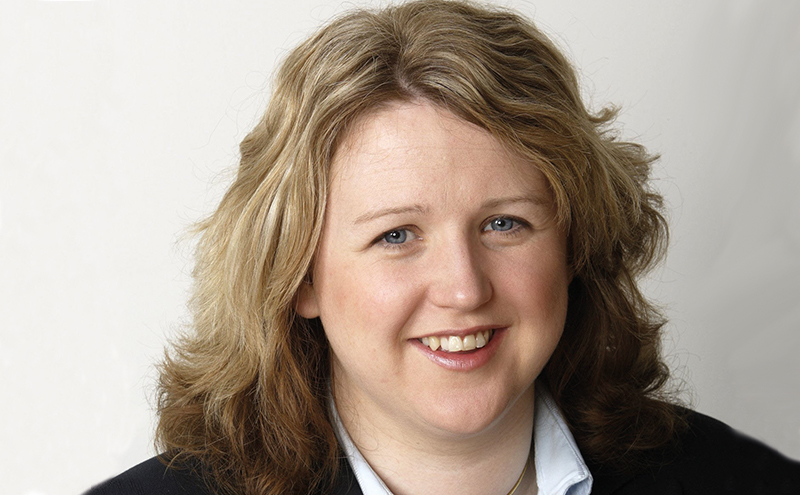Since the introduction of the National Living Wage, many retailers have been cutting back on staff, doing more hours themselves and getting family members to pitch in, sometimes paid in cash. What are the risks and tax issues associated with paying cash to workers?

[box style=”0″]
by Lorna McCaa, who works as a partner in the tax team at Maclay Murray & Spens LLP – the law firm soon to be Dentons (Lorna.McCaa@mms.co.uk)
[/box]
Can employers pay staff in cash?
Most employers now pay staff via bank transfer, but they can pay salaries in cash if they wish to. However, they must still comply with the reporting obligations regarding Income Tax and National Insurance Contributions (NICs).
What are the reporting obligations of an employee where staff are paid in cash? Is the position different for family members?
Even when paying cash, employers are required to deduct Income Tax and NICs under the ‘Pay As You Earn’ system (PAYE) from salaries, before distributing the net salary to their employee. This remains the case where the employee is a relative.
There are strict monthly timescales for employers regarding the reporting of payments and deductions from employee salaries; and paying the tax and NICs due to HMRC. It is possible to make payment on a quarterly basis to HMRC where the total tax and NIC is below certain thresholds.
Are there any consequences for employers who do not meet their reporting obligations?
Yes – PAYE reporting is an employer obligation, not the employee’s, and HMRC will penalise employers that fail to operate PAYE and report information within the required timescales. Penalties can be imposed both for late payment and for incorrect information being submitted on the employer’s monthly or quarterly reports. Where an employer incorrectly operates PAYE resulting in an underpayment to HMRC, the taxman can seek repayment from the employer.
Is the position different for family members ‘helping out’ in the business on an ad-hoc basis?
It is not uncommon, particularly for smaller retailers, to ask family members to help out in the business on an ad-hoc or temporary basis. Often these individuals don’t have an employment contract and are paid in cash.
However, there are rules to determine whether someone should be considered an employee and if the family member falls into this category the business will also need to comply with the tax and reporting obligations outlined above.
Businesses should also be aware they need to comply with National Minimum Wage (NMW) obligations. This can be overlooked where family members are paid in cash for helping in the business without a written employment contract, but the NMW applies to a wider definition of ‘workers’. This can include individuals working under arrangements in return for money without a written contract.
Are there any consequences of not paying the National Minimum Wage?
Yes, paying the NMW is a legal requirement and businesses that do not comply will be committing a criminal offence, as well as facing the prospect of penalties and risk being publicly named and shamed by HMRC. Businesses should take appropriate professional advice to ensure they are compliant.
Are there any risks of paying trades people in cash?
It is not illegal to pay trades people in cash and the obligation to declare the income to HMRC is that of the recipient, as well as the obligation to pay any Income Tax and NIC due. However it is good practice to ensure trades people issue you with an appropriate invoice which shows any VAT payable and the ‘net of VAT’ fee. It would be fraudulent to collude with traders to pay cash to avoid paying VAT where you are aware VAT should be due. In this context, if you are instructing fairly extensive works, it is more likely that VAT will be payable as businesses with a turnover of more than £85,000 must register for VAT.
[box style=”0″]
Do you have a business, property or legal question or issue that you would like to know more about?
Contact Scottish Grocer and we’ll put it to an expert. Contact John McNee on 0141 567 6032 or john.mcnee@peeblesmedia.com
[/box]





















